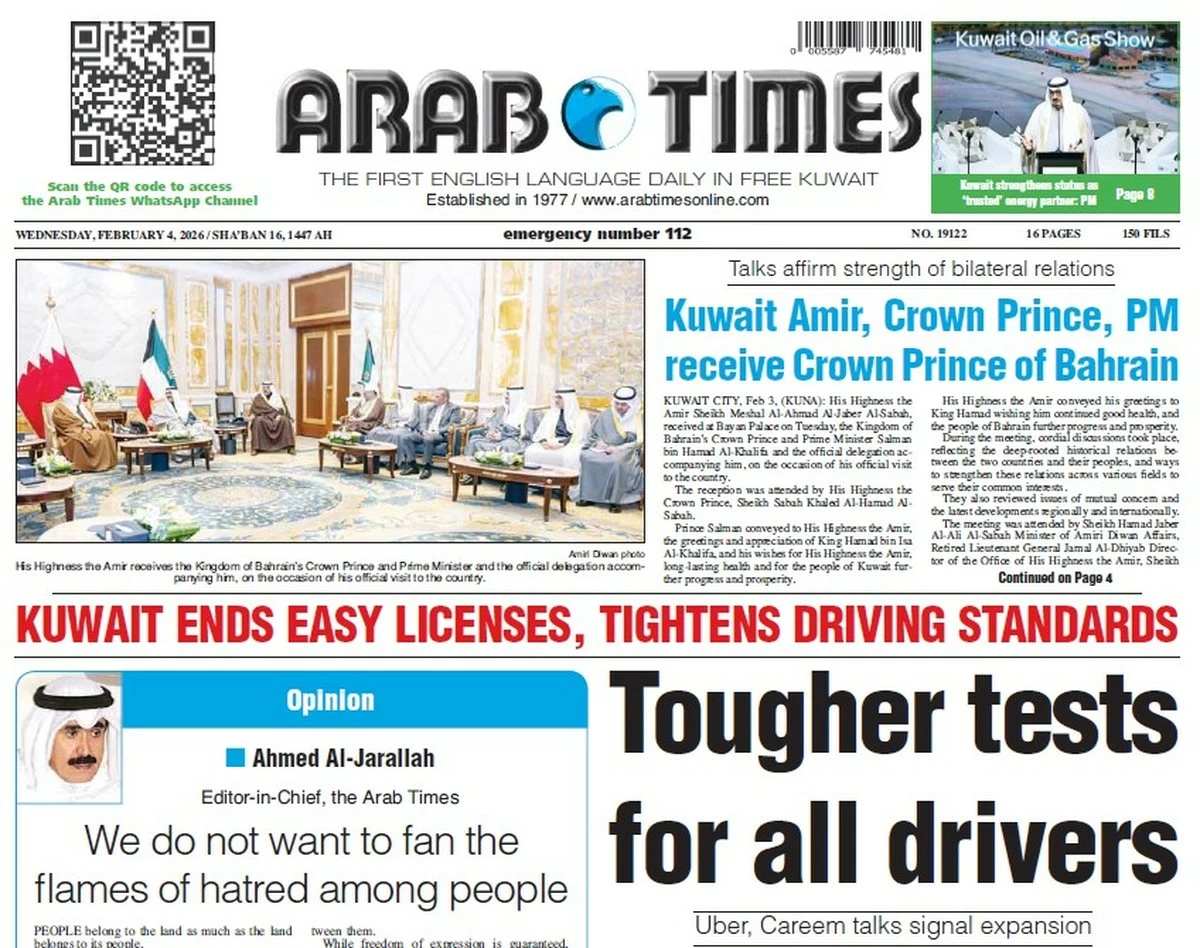17/11/2025
17/11/2025

ABU DHABI, Nov 17: Saudi Arabia is scaling back generous salary premiums that once lured top foreign talent into sectors such as construction and manufacturing, recruiters say, as the kingdom reorders economic priorities and reins in spending.
The move comes as the world’s top oil exporter advances its Vision 2030 plan, aimed at reducing reliance on hydrocarbons, creating jobs, and expanding industries, including tourism, real estate, mining, and financial services.
Saudi firms, which had offered some foreign recruits salary increases of 40% or more, sometimes even doubling pay, are now presenting more restrained offers, recruiters told Reuters. “Employers are rethinking packages. That definitely has happened,” said Magdy Al Zein, managing director at recruiter Boyden.
The reduction in premiums reflects a broader pivot by Saudi Arabia’s $925 billion Public Investment Fund (PIF) from infrastructure- and real estate-heavy megaprojects to sectors such as artificial intelligence, logistics, and mining, which are expected to deliver higher returns. Examples include NEOM, a $500 billion planned futuristic city, and the mountain tourism hub Trojena, set to host the 2029 Asian Winter Games.
Saudi Arabia’s megaprojects had initially fueled high demand for skilled foreign workers. Project managers in the United Arab Emirates, for instance, could command salaries of $60,000 in the UAE but were offered $100,000 in Saudi Arabia, according to Hasan Babat, CEO of Dubai-based recruitment consultancy Tuscan Middle East.
However, NEOM and other PIF-backed projects now face delays amid a rationalisation drive. Saudi project awards nearly halved in the first nine months of 2025, Kamco Invest data show. Lower oil prices have also widened the fiscal deficit, even as Saudi Arabia curbed crude production to support the market. The IMF estimates the kingdom needs oil near $100 per barrel to balance its budget.
“The pace of development has slowed, leading to slower recruitment. Employers are negotiating salaries more than before, and companies have implemented cost-conscious measures,” Babat said. Tuscan’s October salary report noted that limited budgets may now be focused on “hot jobs” in AI or digital sectors.
The United Arab Emirates remains a strong competitor for skilled expatriates, offering tax-free salaries, established networks of international schools, healthcare, and more liberal social reforms. Average salaries in Saudi Arabia and the UAE are now similar, with only a 5–8% premium in Saudi Arabia, said Trefor Murphy, CEO of Dubai-based Cooper Fitch.
Saudi Arabia, projected to grow 4.4% in 2025, remains attractive to professionals from outside the Gulf, where job markets are tighter and growth slower. Labour reforms aimed at increasing Saudi participation in the private sector have expanded the talent pool and intensified competition, with the number of Saudis in private employment rising 31% between 2016 and the second quarter of 2025.
“Packages are now far more measured, anchored to data, performance, and real market benchmarks. For some, that feels like contraction. For me, it signals maturity,” said Louise Knutsson, CEO of Matches Talent in Dubai. She added that companies aiming to attract top talent will need to offer predictable pay, family-friendly lifestyles, and roles connected to the scale of the projects being built.


